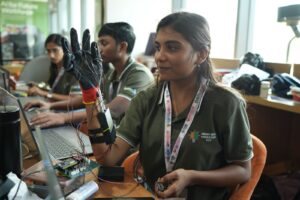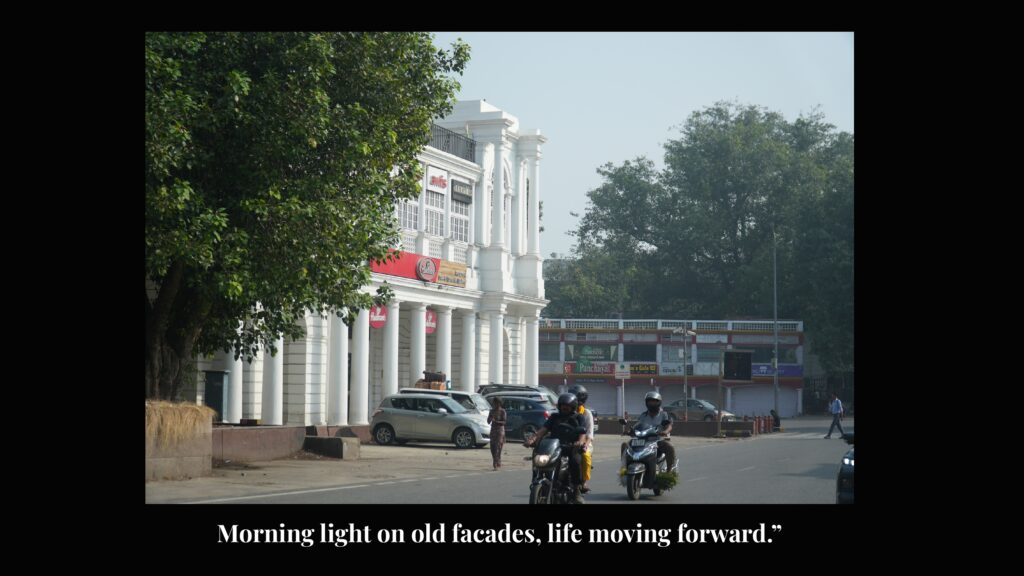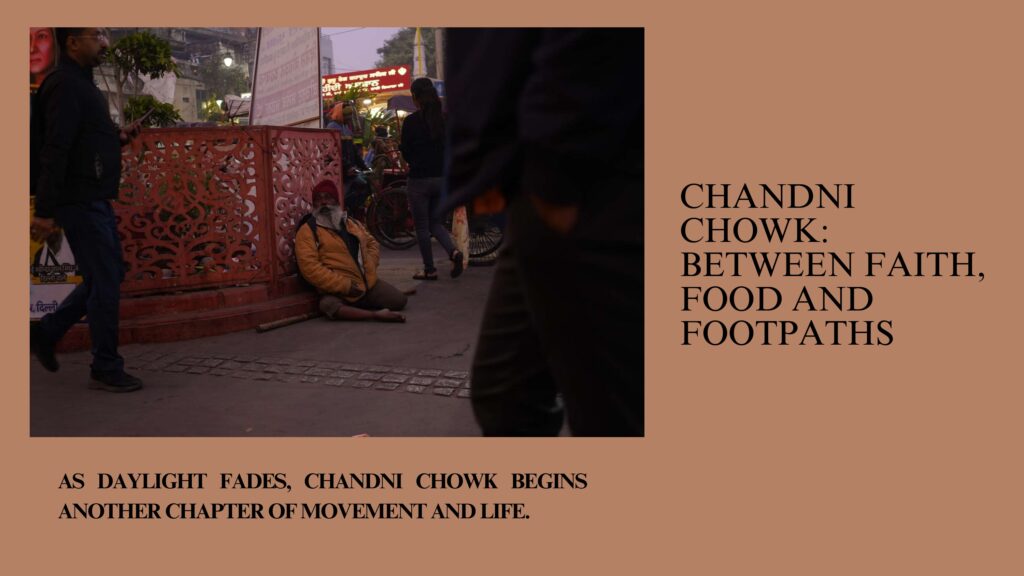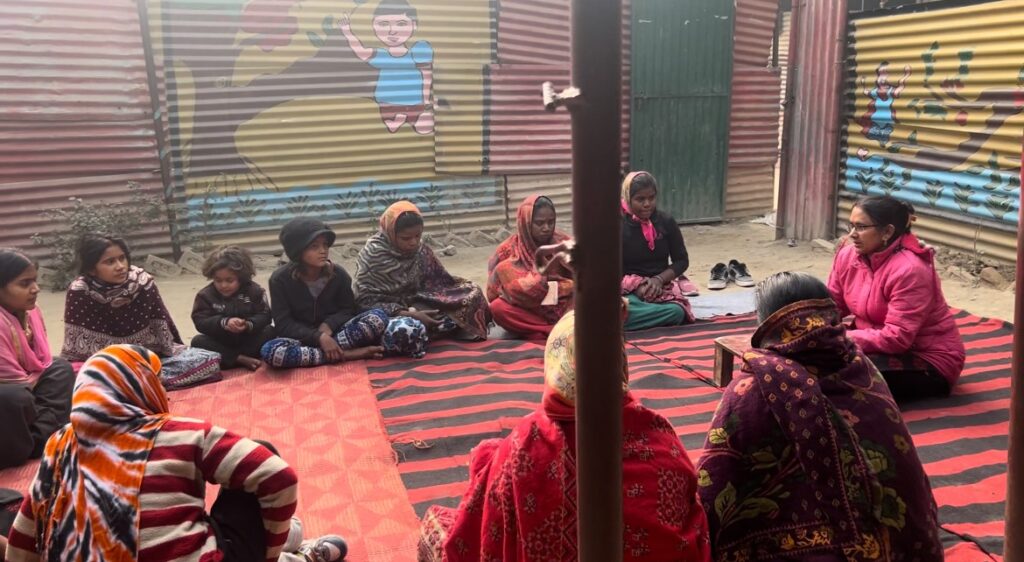
Vandita Singh*
In a diverse country such as India, there are still numerous challenges faced by underprivileged women, particularly during their menstrual cycles. Menstruation, a natural biological process, becomes a battleground for many women who lack access to basic resources such as period products, proper education, and affordable healthcare. This article sheds light on the conditions these women endure and the multifaceted issues surrounding menstruation in their lives.
Recently, upon visiting the Sakipur slums and village area in Greater Noida, it was made evident that for countless underprivileged women in India, the onset of menstruation signals limited access to sanitary products is a pressing concern, forcing many to resort to unhygienic alternatives like old rags or leaves. This not only poses serious health risks but also perpetuates the cycle of shame and silence surrounding menstruation. Menstruation is already a difficult time for women to be going through and all these issues only contribute to a negative impact on women and their health.
By interacting with the women of the community there, it led to the realization that many young girls have no idea how to handle their menstrual cycles, what type of products to use or any knowledge about what can help with cramps, mood swings and other symptoms accompanying their periods.
Moreover, inadequate sanitation, the lack of clean and private spaces for managing menstruation leads to a compromised sense of dignity. In schools, the absence of proper toilets and disposal facilities often forces young girls to skip classes during their periods, hindering their education and perpetuating a cycle of poverty. They are also often forced to stay at home during these times or leave school altogether at the age of puberty.
Cultural taboos further increase the struggles of underprivileged women. Menstruation is often viewed as impure, leading to social exclusion and discrimination. The mere mention of the word ‘periods’ is prohibited and is treated as a dirty secret. This narrow mindset affects not only the mental well-being of these women but also limits their opportunities for personal and professional growth. In order to break these taboos, it is imperative that not only the women, but the men be educated on the topic as well.
In conclusion, the conditions faced by underprivileged women in India during their periods are complex and deeply rooted in societal norms, economic disparities and inadequate healthcare. The most crucial step to take is to make period products such as sanitary pads and tampons easily accessible for these women and young girls. Not only that, they need to be made more affordable for the underprivileged so that they can actually buy and use basic resources. Proper education must be provided in order to empower and help the women of the community.
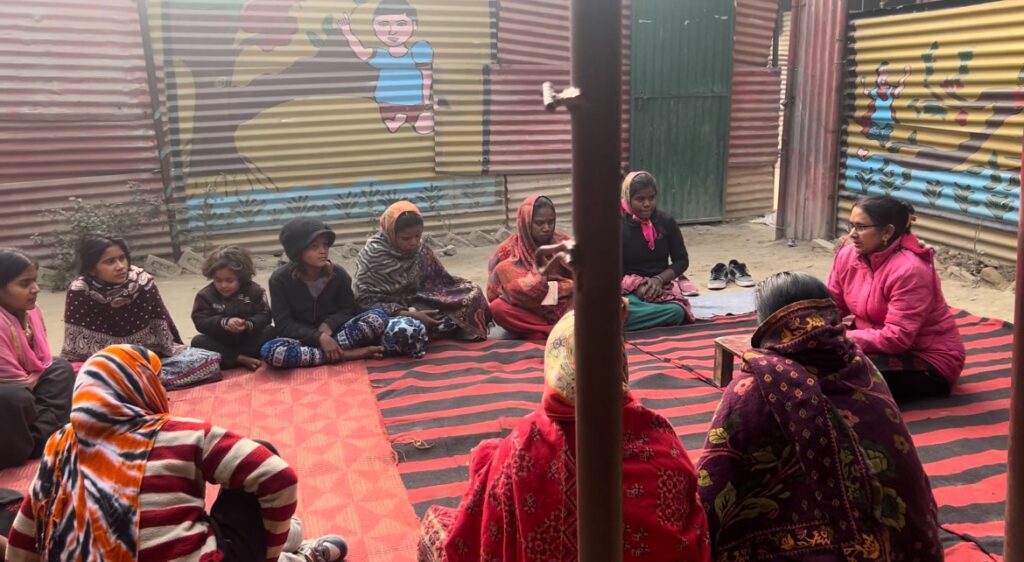
Preschool/daycare in Sakipur, Zeta 1, Greater Noida.
The women and young girls being educated and informed about menstruation by the teacher.
*Student, BJMC 3rd Sem.

